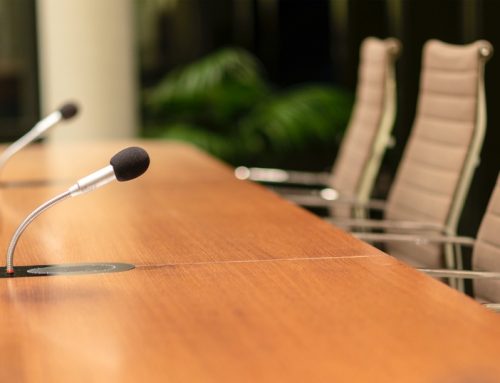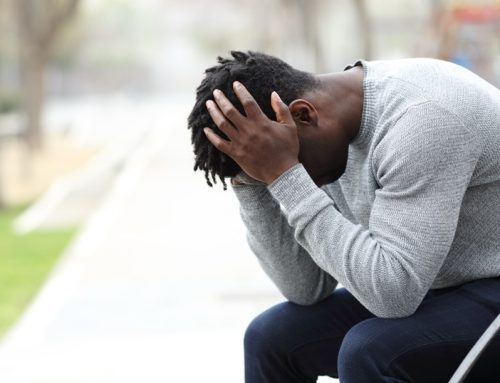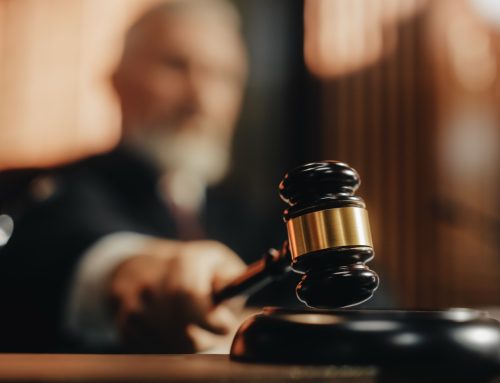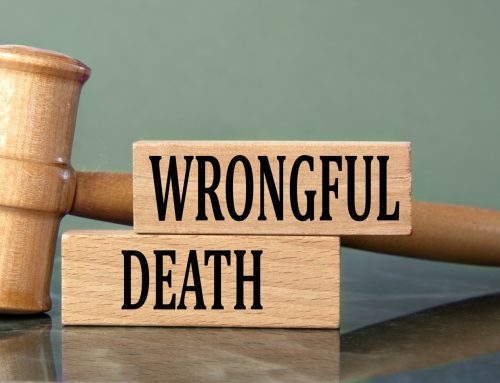Imagine being injured in an accident where it’s your word against someone else’s. You know the truth, but how do you prove it? This is where eyewitnesses can play a pivotal role. Their testimony can provide the impartial validation you need to solidify your personal injury claim. Let’s explore why eyewitnesses are so important, how they can strengthen your case, and the steps to handle their testimony effectively. Eyewitnesses can be game-changers in personal injury claims. Here’s why:
- Confirming Your Version of Events: Eyewitnesses provide unbiased accounts of what happened. Unlike those directly involved, they have no vested interest in the outcome, making their testimony highly credible.
- For instance, if you were injured in a car accident, an eyewitness might confirm that the other driver ran a red light. This external validation can make it much harder for the opposing party to dispute your claim.
- Providing Additional Context: Sometimes, in the chaos of an accident, you may miss key details. An eyewitness might have noticed that the floor where you slipped wasn’t just wet but had no warning signs, or that the driver who hit you was distracted by their phone. These observations can fill in gaps and strengthen your case.
- Strengthening Credibility: Multiple eyewitness accounts that align with your story build trust in your version of events. Whether during negotiations with an insurance adjuster or in front of a jury, consistent testimony from reliable witnesses can tip the scales in your favor.
How Eyewitness Testimony Impacts Personal Injury Cases
The influence of eyewitnesses in personal injury claims cannot be overstated.
- Swaying Insurance Adjusters and Juries: Insurance companies often look for ways to minimize payouts. However, a clear and credible eyewitness statement can make adjusters reconsider lowball settlement offers. If your case goes to court, a compelling eyewitness can resonate with a jury, making your story more believable.
- Corroborating Evidence: Eyewitness testimony often complements other pieces of evidence, such as photos, videos, or police reports. Together, they create a stronger, more cohesive case.
- Establishing Fault and Liability: When fault is disputed, an eyewitness can be instrumental. For example, they might testify that the other driver was speeding or that a store employee neglected to clean up a spill. These observations can directly impact the determination of liability.
Types of Eyewitnesses That Can Strengthen Your Case
Eyewitnesses come in many forms, and each can provide valuable insights:
- Bystanders or Passersby: Neutral individuals who happened to witness the event.
- Employees or Workers Nearby: In cases like slip-and-fall accidents, employees may have seen the hazardous condition or been aware of complaints beforehand.
- Passengers in Vehicles: They can describe the actions of drivers involved in a car accident.
- First Responders: Police officers or paramedics bring professional credibility to their observations, such as noting unsafe conditions or injuries sustained.
What to Do If You Find an Eyewitness
Securing and preserving eyewitness testimony can make all the difference.
- Collect Their Information Immediately: Ask for their name, phone number, and email address. Be polite but persistent in ensuring you have accurate contact details.
- Record a Quick Statement: If they’re willing, ask them to briefly describe what they saw on video or in writing while the details are fresh. This can prevent memory loss or misrepresentation later.
- Share Witness Details with Your Attorney: Your attorney will follow up to gather a formal statement and ensure the witness is prepared to provide testimony if necessary.
Common Challenges with Eyewitness Testimony
While eyewitnesses are invaluable, challenges can arise:
- Memory Fading Over Time: Memories can blur as time passes, which is why early documentation is critical.
- Potential Bias: The opposing party may argue that the witness is biased or wasn’t paying full attention during the incident.
- Unavailable Witnesses: Witnesses might move or change contact information, making it harder to reach them later.
How Reid Law Group Can Help Utilize Eyewitnesses Effectively
The skilled attorneys at Reid Law Group know how to maximize the value of eyewitness testimony:
- Gathering and Preserving Testimony: We’ll interview witnesses promptly and ensure statements are detailed, accurate, and legally admissible.
- Cross-Examining Opposing Witnesses: We identify inconsistencies or biases in testimonies provided by the other side.
- Presenting Eyewitnesses in Court: As experienced lawyers we will prepare eyewitnesses for court, ensuring their testimony is clear, concise, and persuasive.
Eyewitnesses can be the key to proving your personal injury case. Their testimony confirms your account, strengthens credibility, and provides critical context that might otherwise be overlooked.
If you’ve been injured in an accident and have eyewitnesses who can support your case, don’t leave their testimony to chance. Contact Reid Law Group today for expert guidance. We’ll ensure their statements are used effectively to build the strongest case possible, so you can focus on recovery while we fight for your rights.







